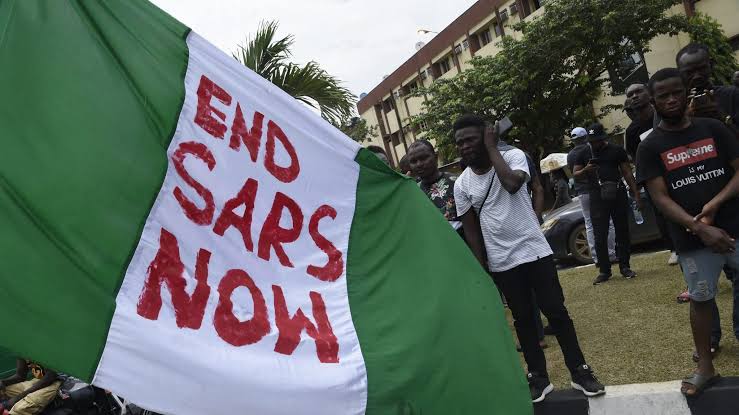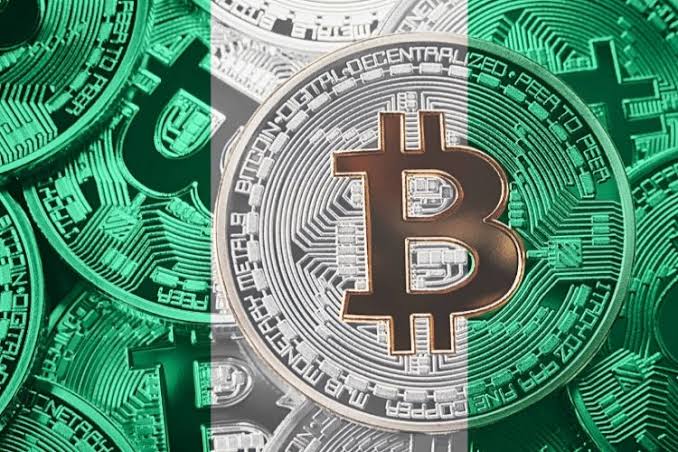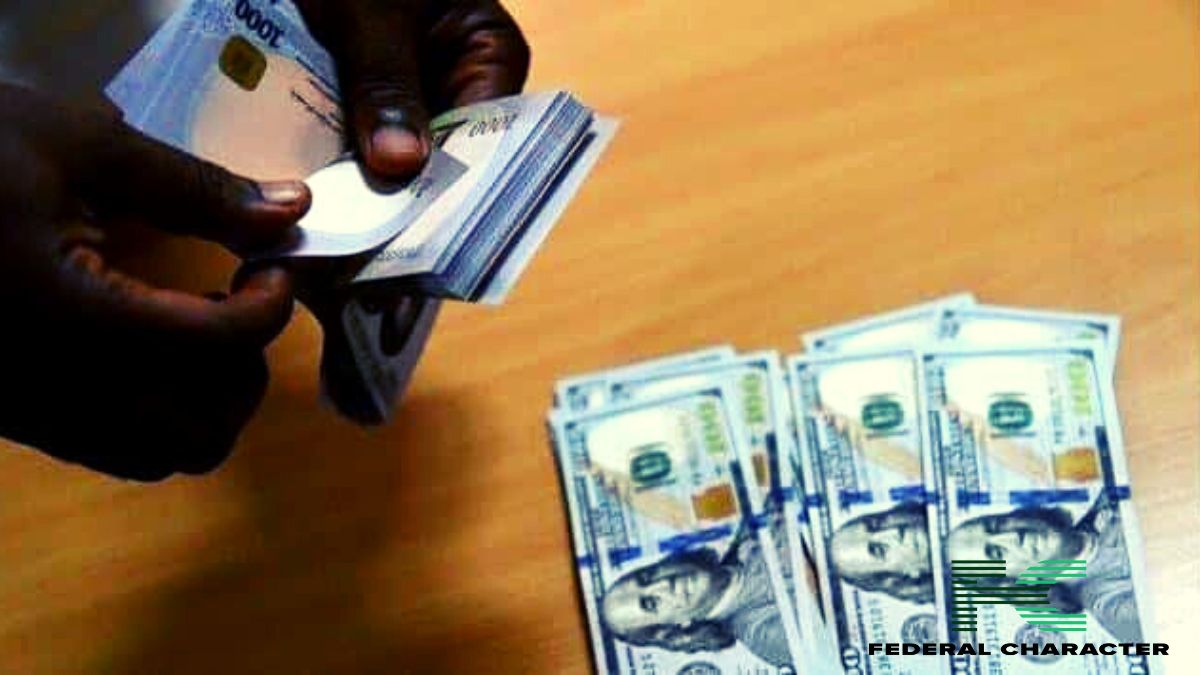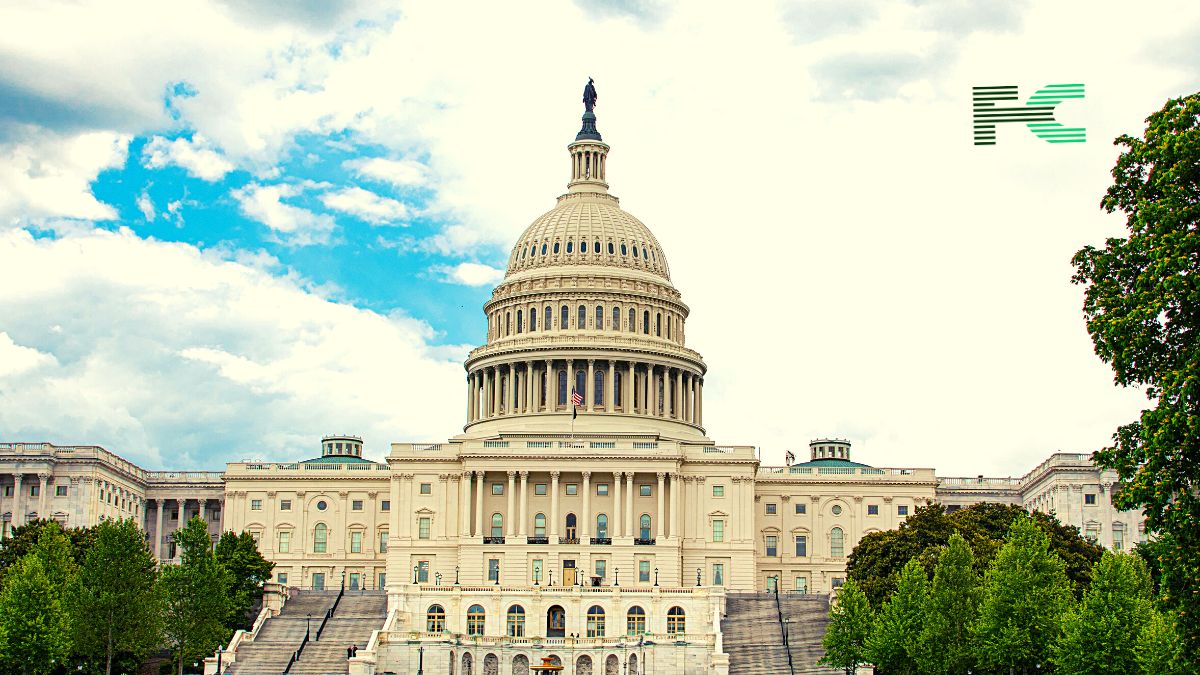Nigeria has been named world leader in adoption of digital currency in 2021, according to report by top cryptocurrency exchange platform Binance.
Nigeria’s ascension to the top of crypto’s usage ranking is coming amid the federal government ban on the trading of digital assets in the country.
In a blog post, Binance ranked Nigeria in the top five countries for crypto adoption based on a Statista survey. Nigeria topped the list at 32 per cent, over Vietnam, the Philippines, Turkey and Peru.
“Topping the list is the African nation of almost 200 million people, mainly on the younger, more tech-savvy side. With most Nigerians adept at sending money and paying through their phones, almost a third of Nigerians surveyed by Statista have used or owned crypto at some point,” the report states.
Nigeria’s adoption and rates of cryptocurrency trades have continued to soar despite vehement opposition and pushback from the government.
Last week, UsefulTips reported that nearly $40 million worth of Bitcoin was traded in the last 30 days by Nigerians and, on Google trends, Nigeria continues to top on searches for Bitcoin.Though the Central Bank banned the trades of digital currencies in February, claiming the decision was made to protect Nigerians from the volatility of the market, it turned around to announce a trial run of its own digital currency from October.
The CBN last year, at the height of the #EndSARS protests, barred financial institutions from receiving or making crypto payments.

Recall that youths, especially in the southern part of the country, trooped to the streets in October 2020 to protest police impunity and brutality and also demanded for disbandment of the notorious Special Anti-robbery Squad (SARS) whose atrocities was the catalyst for the public agitation.
Consequently, the apex bank blocked accounts belonging to predominantly young Nigerians who contributed to the running of the #EndSARS protests. When the Buhari-led regime blocked the Feminist Coalition accounts, a bitcoin wallet was set up which attracted cryptocurrency donations on a global scale.
Similarly, there are indications that government officials have been violating the ban. In June, during the early days of Twitter ban in Nigeria, a screenshot belonging to attorney General of the federation, Abubakar Malami, and shared by him on his Facebook page had cryptocurrency exchange application on it notification panel.
He was heavily criticised for violating a ban imposed by the government he serves in, with many saying his action is a reflection of the irresponsibility and duplicity that the Buhari government has become synonymous with.

















